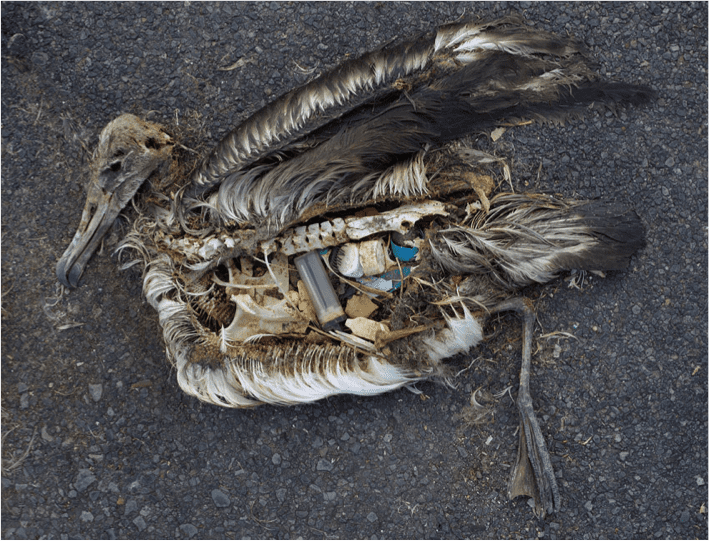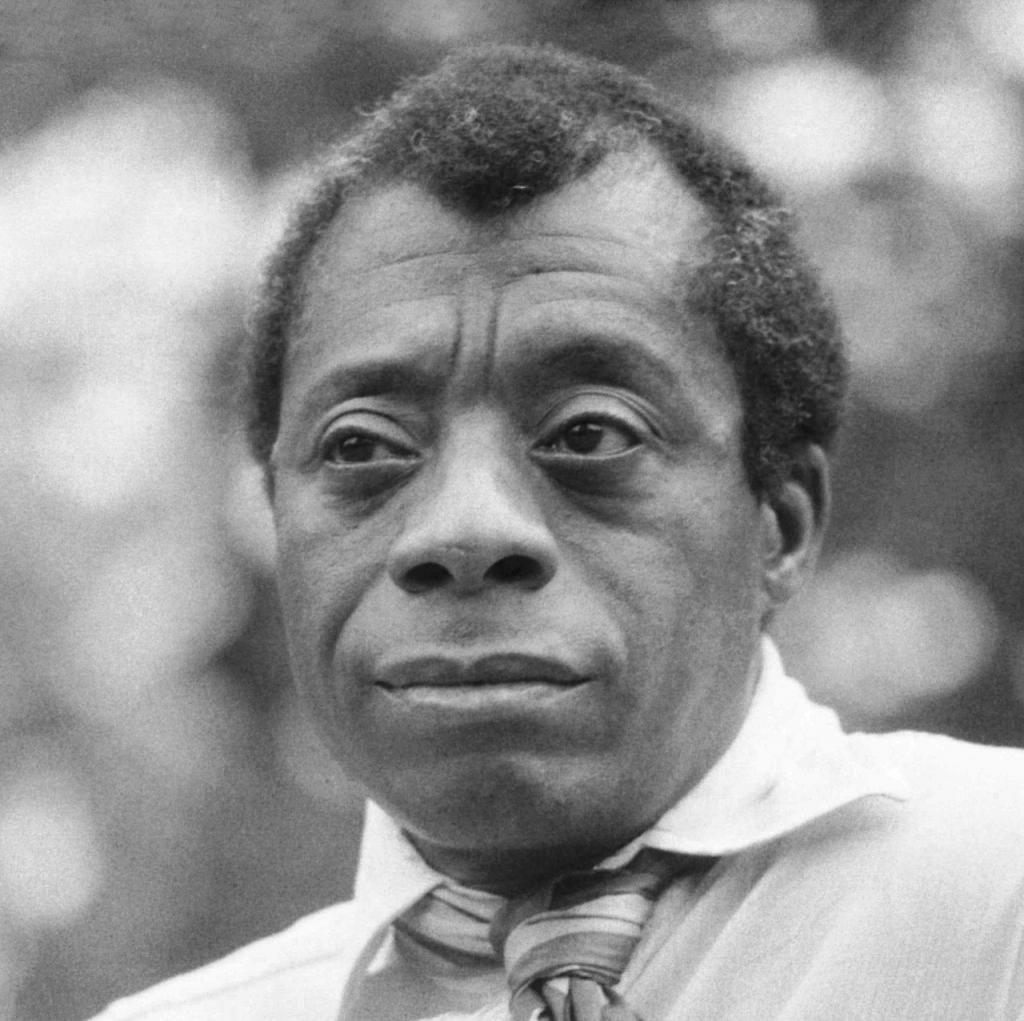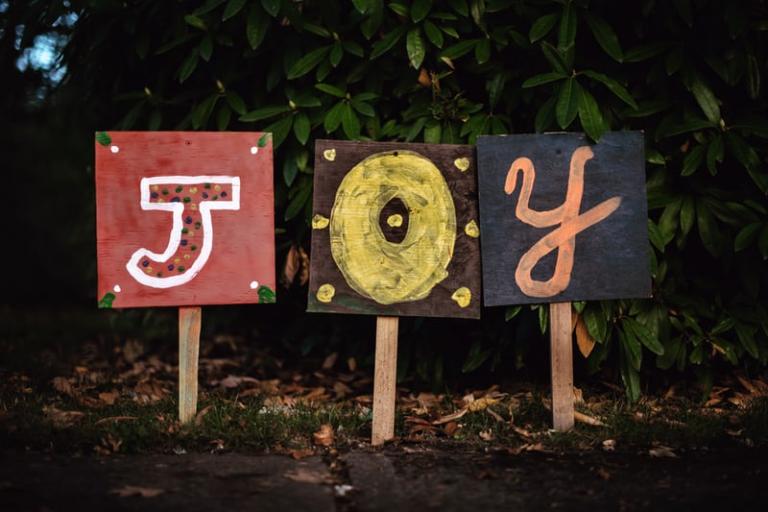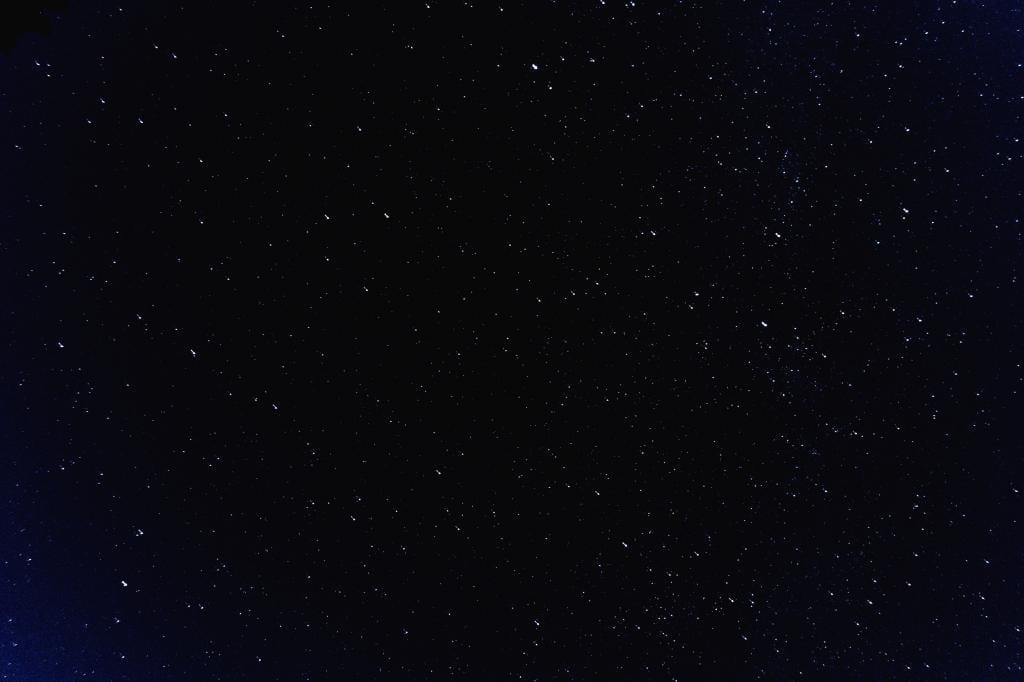Is Earth a sacred place for us, given by the hand of the Creator – or have we lost sight of Earth’s sacredness?
Pope Francis, in the encyclical Laudato Si’, shows the grave consequences of our blindness to the sacred, living earth: ‘“Laudato si’, mi’ Signore” –“Praise be to you, my Lord.” In the words of his beautiful canticle, Saint Francis of Assisi reminds us that our common home is like a sister with whom we share our life and a beautiful mother who opens her arms to embrace us. “Praise be to you, my Lord, through our Sister, Mother Earth, who sustains and governs us, and who produces various fruit with coloured flowers and herbs.” This sister now cries out to us because of the harm we have inflicted on her by our irresponsible use and abuse of the goods with which God has endowed her. We have come to see ourselves as her lords and masters, entitled to plunder her at will … We have forgotten that we ourselves are dust of the earth; our very bodies are made up of her elements, we breathe her air and we receive life and refreshment from her waters.’
Have we become like tiny gods, exalted above the rest of creation, no longer mere creatures? Is Earth for us just a warehouse of dead matter and dumb animals, all our property? How can it be sacred when it is only a collection of things? This narrow, materialistic view of the earth can affect/infect both atheists and believers. We rational, modern people think we see the world clearly, but do we? The way we see the earth is revealed by the way we treat the earth – and humanity is now causing the sixth mass extinction of life on Earth. The blind gods are breaking the toys.

But our sister, the earth, and our fellow creatures are not things. They are our family, not property. They are not here to serve us. Not ours to destroy. We were called to be faithful and loving stewards of Creation, not masters. In the book of Genesis God saw that the Creation was ‘very good’ – and commissioned us to nurture that goodness, not destroy it. (Gen. 2:15)
Earth belongs to Heaven, not to us. ‘The ultimate purpose of other creatures is not to be found in us,’ writes Pope Francis. ‘Rather, all creatures are moving forward with us and through us towards a common point of arrival, which is God, in that transcendent fullness where the risen Christ embraces and illumines all things.’
The Incarnate Christ marries Heaven and Earth; in the wedding feast of the Eucharist Creation and Creator embrace. Earth and Heaven are thus united in Christ – and to mistreat one is to despise both.
Can we finally open our eyes and ears to the beautiful, living earth? For the Sufi mystic Ali al-Khawas (quoted by Pope Francis in Laudato Si’): ‘There is a subtle mystery in each of the movements and sounds of this world. The initiate will capture what is being said when the wind blows, the trees sway, water flows, flies buzz, doors creak, birds sing, or in the sound of strings or flutes, the sighs of the sick, the groans of the afflicted …’
Animal populations worldwide have fallen by 60% since 1970, and now – due to climate chaos and destruction of habitats – one million animal and plant species are facing extinction within decades. This should shock us, but does it?
Sadly, as has been said, ‘we will not save what we do not love.’ A loving attention to the living earth around us may be the first step back to sanity. Time to stop being destroying lords, come home to planet earth, and be creatures again. When St. Francis was dying he lay down on the earth so as to feel the soil on his naked body.
The writer Annie Dillard, with a lifetime of profound attention to the sacred earth, believes: ‘The universe was not made in jest but in solemn, incomprehensible earnest. By a power that is unfathomably secret, and holy, and fleet. There is nothing to be done about it, but ignore it, or see. And then you walk fearlessly, eating what you must, growing wherever you can, like the monk on the road who knows precisely how vulnerable he is, who takes no comfort among death-forgetting men, and who carries his vision of vastness and might around in his tunic like a live coal which neither burns nor warms him, but with which he will not part.’ (From ‘Pilgrim at Tinker Creek’)
About Michael Allan: After being a monk earlier in life, Michael is now married and lives near Cambridge in the UK.
Photo credits: Albatross chick with plastic waste filling its stomach, by Chris Jordan, used with permission.











